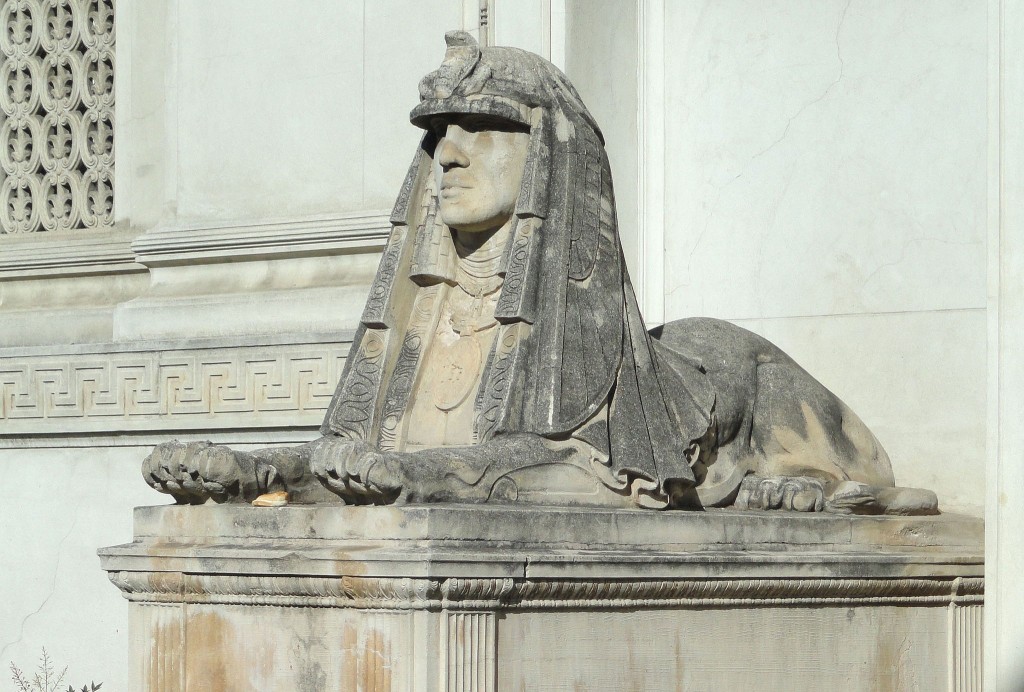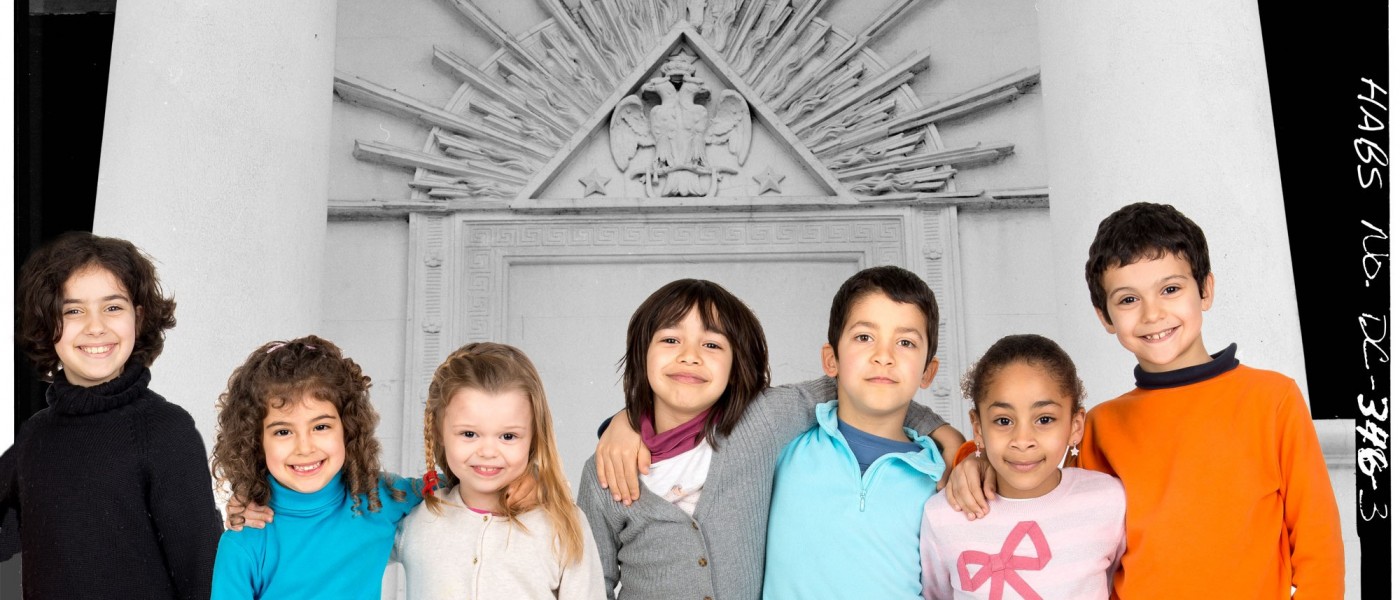RiteCare Speech and Language Clinics

Image by Diego Delso, Wikimedia Commons, License CC-BY-SA 3.0. Overlay text added.
Unless someone in your family is a member of a masonic order, it’s possible that everything you know about the long history of American freemasonry comes from the popular 2004 Disney movie National Treasure where Nicholas Cage teams up with a beautiful archivist to uncover the secret location of a massive treasure hidden by Free Masons in the 18th century. Spoiler alert: they find it buried underneath Manhattan’s Trinity Church. Or you’ve spent some time trying to unlock the secrets of the pyramid on the US dollar bill? Even if you missed National Treasure and you don’t care about the mysteries of our currency, you have probably heard of the Shriners. They’re the masonic order that puts on the circus, wears the red Fezs’, and raises millions and millions of dollars for children’s hospitals devoted to treated children with the terrible injuries and illnesses. Well, if you have a child with a speech, hearing, or learning delay, there is one masonic order that you should definitely know about: the Scottish Rite. In the US the Scottish Rite’s financial support for children with language disorders ranks second only to support provided by the public schools. Although slightly less glamorous than buried secret treasure, and not quite as well-known than the Shriners, the Scottish Rite is a serious supporter of the speech and language community.
RiteCare Speech and Language Clinics to the Rescue
Starting in the 1950s, the Scottish Rite began to focus their fundraising efforts on issues pertaining to speech and language disorders and delays. The Rite’s work with speech and language disorders began with a social worker in a Denver children’s hospital. Looking for a way to help a young widow pay for her son’s treatment for a language disorder, the social worker approached the Scottish Rite Fraternal Order and asked for help. After researching the services available to families needing help with what at the time was an under-recognized challenge, and determining that there was a critical need for fundraising and support, the Colorado order created the Scottish Rite Foundation with the purpose of providing financial assistance for the treatment of childhood language disorders and delays.
After the successful work of the original Colorado clinic, the Scottish Rite ultimately established a network of RiteCare Clinics—nationwide—dedicated to “helping children communicate” with diagnostic and therapeutic treatments for speech and learning delays and disorders. Today there are 178 RiteCare Speech and Language clinics each staffed with speech language pathologists and other specialists who work with language disorders. Services are provided to families without regard to race, religion, or their ability to pay for care. There are even some RiteCare programs for adults with speech disorders or other literacy challenges.
My favorite part of the RiteCare story is how totally unexpected it is. On the one hand, the impetus for the foundation of this entire network of clinics devoted to speech and language challenges was one social worker looking for a way to help someone. In Colorado. In the 1950s. At the same time, by directing so much of their fundraising to this one facet of children’s health and welfare, the Scottish Rite has been able to lead the philanthropic response to speech and language disorders among children.
Isn’t that almost as cool as finding a buried treasure?




